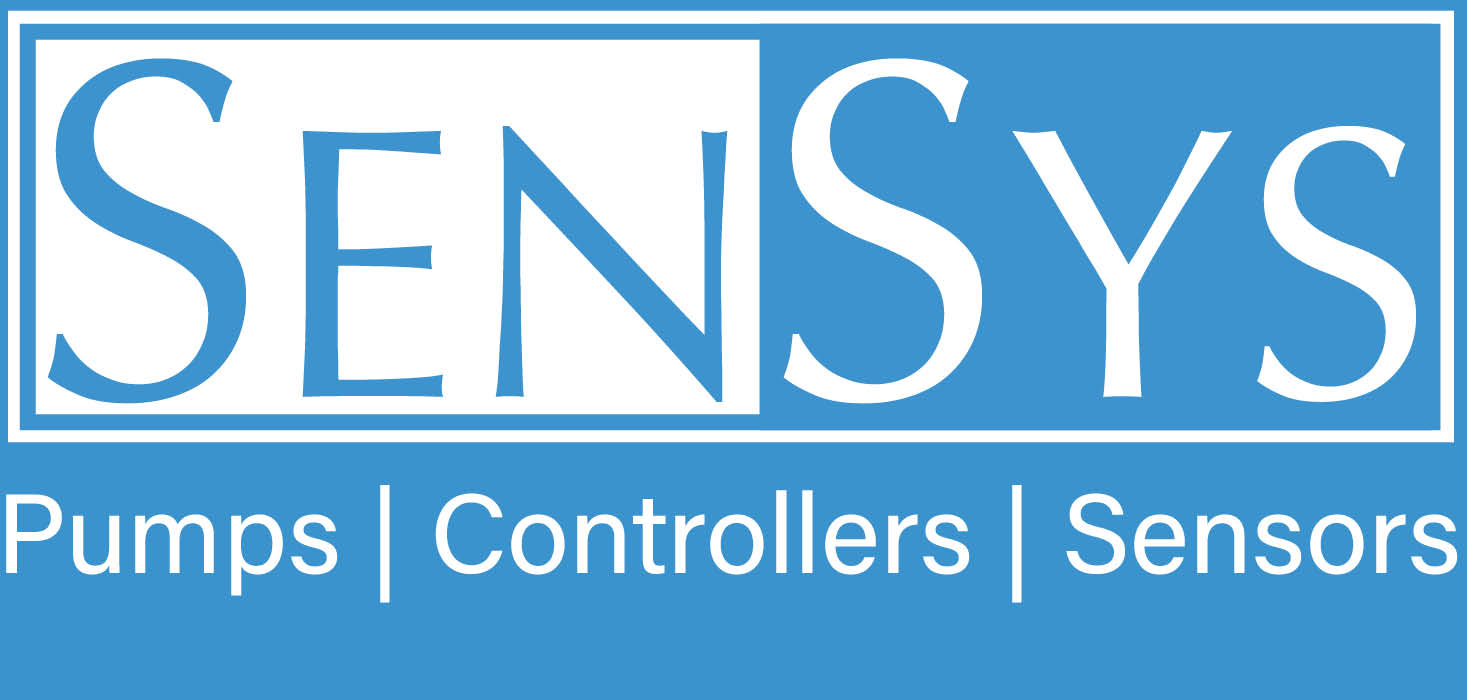
Unlocking geothermal potential
Navigating opportunities and challenges in high-temperature corrosion
The University of Iceland is deep in geothermal research because Iceland has successfully transitioned from using fossil fuels for space heating and is embracing geothermal energy. It is taking steps to achieve independence from fossil fuels in the transport sector too, which underscores the country's commitment to sustainability, reducing reliance on traditional energy sources, and fostering a greener and more environmentally friendly energy landscape.
While Iceland is already ahead of the curve in this transition, the global pursuit of renewable and green energy has gained momentum. The success story of Iceland has brought a heightened spotlight to geothermal power generation, attracting unprecedented attention. The University of Iceland is at the forefront of this exploration, delving into the opportunities and challenges surrounding the utilisation of geothermal energy, particularly in the context of understanding high-temperature corrosion.
One of the pivotal factors influencing the efficiency of geothermal turbines and production equipment is the reduction in mechanical energy loss and the extension of material lifetimes. However, a significant hurdle lies in the corrosion that materials used in geothermal systems can face when in direct contact with geothermal fluid. This corrosion not only poses a threat to the integrity of materials but also translates into substantial costs related to materials, labour, and overall production efficiency of the geothermal system.
The aggressiveness of corrosion in geothermal fluids is contingent on various factors, including the physical characteristics and chemical composition of the fluid, as well as exploitation parameters such as temperature, pressure, and flow rate. Notably, dissolved gases like H2S and CO2 act as primary corrosive agents in geothermal fluids. Construction components of geothermal wells and the production infrastructure in high-temperature geothermal fields are susceptible to various corrosion attacks, wear, and erosion.
To address these challenges, the University of Iceland is leveraging a suite of corrosion sensors to offer real-time corrosion monitoring and control in both hot and cold applications. This innovative approach aims to enhance the understanding of corrosion dynamics in geothermal systems, enabling proactive measures to mitigate the impact and ensure the longevity of materials.
This is an extremely exciting development from the industry as it demonstrates the need for high temperature and pressure probes, specifically corrosion sensors in the Green Energy sector. Even more exciting is that Pyxis currently have probes working in US geothermal sites in Europe and this direction is seeing more interest and engagement.
As the global community continues to embrace geothermal energy as a sustainable power source, the research and solutions emerging from institutions like the University of Iceland and the European Union will play a pivotal role in unlocking the full potential of this renewable resource.
While Iceland is already ahead of the curve in this transition, the global pursuit of renewable and green energy has gained momentum. The success story of Iceland has brought a heightened spotlight to geothermal power generation, attracting unprecedented attention. The University of Iceland is at the forefront of this exploration, delving into the opportunities and challenges surrounding the utilisation of geothermal energy, particularly in the context of understanding high-temperature corrosion.
One of the pivotal factors influencing the efficiency of geothermal turbines and production equipment is the reduction in mechanical energy loss and the extension of material lifetimes. However, a significant hurdle lies in the corrosion that materials used in geothermal systems can face when in direct contact with geothermal fluid. This corrosion not only poses a threat to the integrity of materials but also translates into substantial costs related to materials, labour, and overall production efficiency of the geothermal system.
The aggressiveness of corrosion in geothermal fluids is contingent on various factors, including the physical characteristics and chemical composition of the fluid, as well as exploitation parameters such as temperature, pressure, and flow rate. Notably, dissolved gases like H2S and CO2 act as primary corrosive agents in geothermal fluids. Construction components of geothermal wells and the production infrastructure in high-temperature geothermal fields are susceptible to various corrosion attacks, wear, and erosion.
To address these challenges, the University of Iceland is leveraging a suite of corrosion sensors to offer real-time corrosion monitoring and control in both hot and cold applications. This innovative approach aims to enhance the understanding of corrosion dynamics in geothermal systems, enabling proactive measures to mitigate the impact and ensure the longevity of materials.
This is an extremely exciting development from the industry as it demonstrates the need for high temperature and pressure probes, specifically corrosion sensors in the Green Energy sector. Even more exciting is that Pyxis currently have probes working in US geothermal sites in Europe and this direction is seeing more interest and engagement.
As the global community continues to embrace geothermal energy as a sustainable power source, the research and solutions emerging from institutions like the University of Iceland and the European Union will play a pivotal role in unlocking the full potential of this renewable resource.


